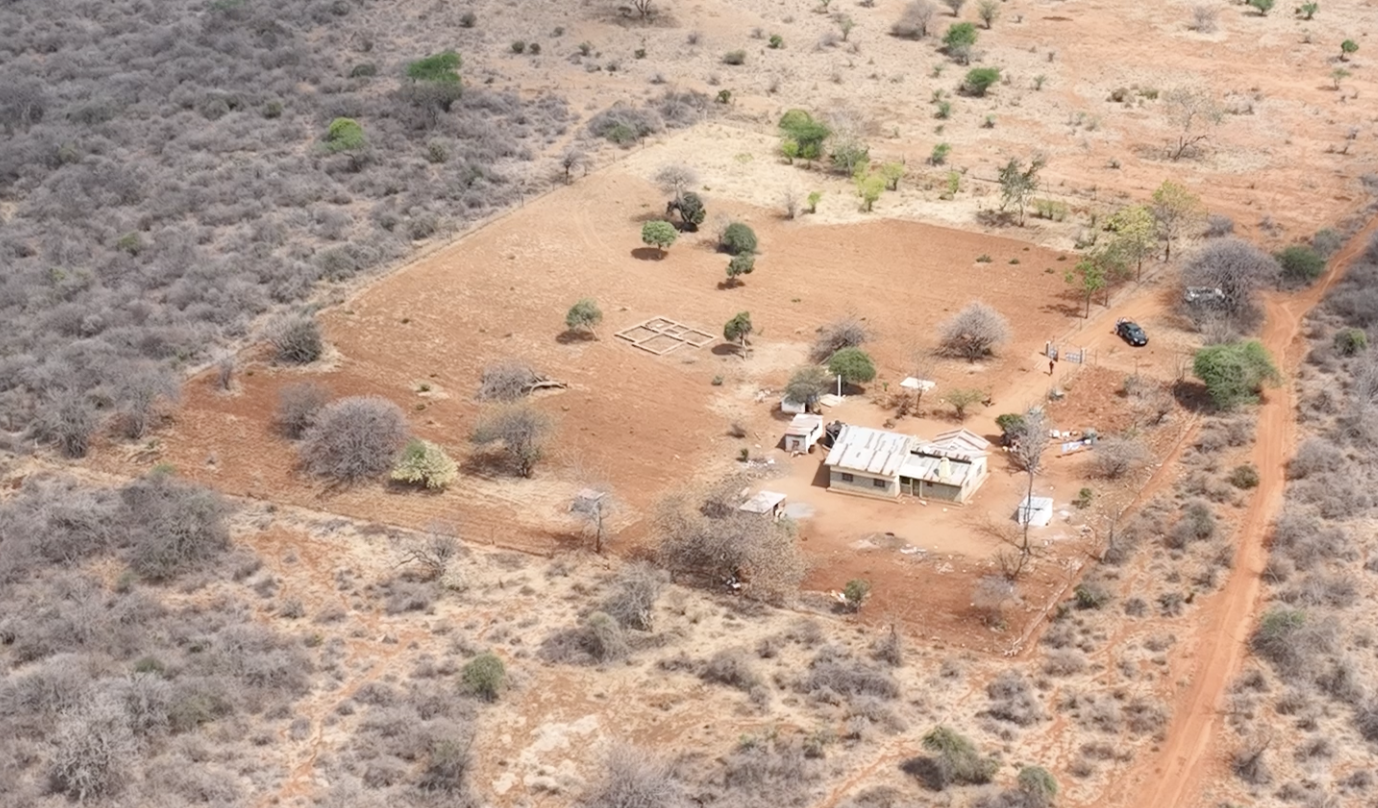
Barrick works to end two-year tax dispute in Tanzania

Barrick Gold Corporation is considering options for its stake in Acacia Mining PLC, including possible sale, as the company works to end a nearly two-year-long tax dispute in Tanzania that has effectively shuttered operations there, Chief Executive Officer Mark Bristow said on Wednesday.
The new Barrick, which began trading on Wednesday following its merger with Randgold Resources, holds a 64 percent stake in Acacia, which has not been able to export gold during the tax row.
Bristow expressed confidence that the conflict, which began when the Tanzanian government slapped Acacia with a $190 billion tax bill in March 2017, would be resolved.
“This has been a very complex and challenging situation where no one has won. It’s untenable and will be resolved,” said Bristow, who previously led Randgold.
Under an October 2017 framework pact that has yet to be implemented, Barrick Executive Chairman John Thornton and Tanzanian President John Magufuli agreed that Acacia would pay the government $300 million and 16 percent ownership, and split the economic benefits of its mines.
Barrick could buy out the rest of Acacia that it does not already own, or it could split up the company, among other options, Bristow said in a phone interview with Reuters.
“This conflict has destroyed lots of value. We need to make sure there’s enough value to work out a solution that various interested and affected parties get something that’s fair and proper for them,” he said, adding the company would provide more information in the second week of February.
Barrick in September agreed to buy Randgold in an all-stock deal valuing the Africa-focused miner at $6.5 billion. It was the biggest transaction in years in the gold mining industry, which is under investor pressure to cut costs and better manage capital.
Bristow plans to follow Randgold’s strategy of deploying most of its staff at mine sites rather than centralized offices, giving local staff more autonomy as part of a new approach to slash bureaucracy and boost returns in the face of a sagging gold sector.
“When you’re right there in the thick of things, your decisions are immediate,” said Bristow, who previously led Randgold. “If you’re in a fathead office far away, your ability to even understand the situation is retarded.”
Barrick shares fell 3.1 percent in New York on Wednesday, compared with slight rise in the Dow Jones Industrial Average. Gold prices also rose on Wednesday.
Across the new company, Bristow said his focus will be on making sure Barrick automates and streamlines both operations and management.
The new Barrick will adopt Randgold’s strategy of using contractors to do jobs the company doesn’t have the skills for, Bristow said. The company also plans to retain ownership of its mines and ores, he said.






